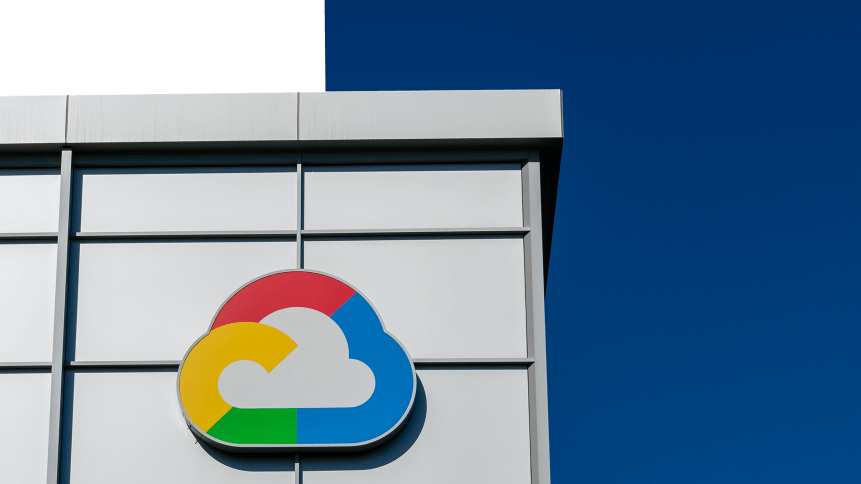Google Cloud partners with VMware for hybrid cloud

A hybrid cloud approach offers businesses the best of both worlds— it allows them to take advantage of the scalability of public cloud solutions, while mission-critical data can remain safely stowed away in the organization’s private data centers.
That premise, at its simplest, has led to surging popularity in hybrid cloud infrastructure solutions— it represents a growing and lucrative market.
Offering customers ‘hybrid cloud functionality’, and built on open-source container-based technologies— including Kubernetes, Istio, and Knative— Google’s launch of Anthos this year showed it has hybrid cloud, and the attention of enterprise IT stakeholders, firmly in its sights.
However, most companies are right now using VMware. Up until now, Google has been the only major public cloud provider not to support the cloud computing and virtualization software company but, as reported by Bloomberg, that changed this week.
Google Cloud Platform & VMware
Now, Google Cloud Platform (CGP) customers will have got new options for running a hybrid cloud strategy. Following a partnership, VMware workloads can be moved from servers to Google’s public cloud.
Specifically, Google Cloud will support VMware Cloud Foundation, the company’s system for deploying hybrid clouds.
VMware users will also gain access to Google’s artificial intelligence (AI), machine learning and analytics capabilities, and can deploy apps whereever Google has data centers, while enterprises will also be able to run networking tools through Google’s public cloud.
In partnering with VMware, Google follows similar, recent agreements struck between public cloud leaders Amazon Web Services and Microsoft Azure.
YOU MIGHT LIKE

Manufacturers are leading hybrid cloud adoption
While GCP is not offering anything new or innovative in following the footsteps of its rivals, it is establishing another reason for enterprises to choose its products over competitors— and it provides further affirmation that enterprises are seeking flexible, tailorable cloud solutions.
It also follows Google announcing an annual revenue run rate of more than US$8 billion for its cloud division at its quarterly earnings call last week as it continues to carve out its own reputation for the technology, which now represents a third of Alphabet’s revenue.
Google CEO, Sundar Pichai, said he plans to expand the business and “triple our salesforce” in regard to the company’s cloud arm over the next few years.
IBM’s Ginni Rometty called hybrid cloud the industry’s “chapter two”— a statement that followed the computing giant’s acquisition of Red Hat. It served as a signal for hybrid cloud’s booming growth to come, and Big Blue’s intent to seize the fruits of that market itself.
Rometty’s prediction that hybrid cloud could be worth US$1 trillion by 2020 may be some way off, but her projection that while 20 percent of “easy” cloud migrations have already been made, there is now a “complex” 80 percent where hybrid cloud can offer a solution is a lot more realistic.









